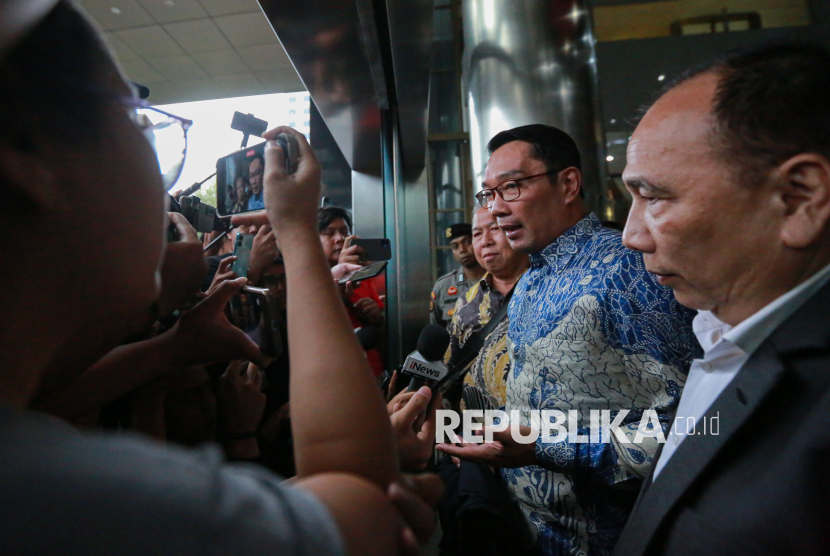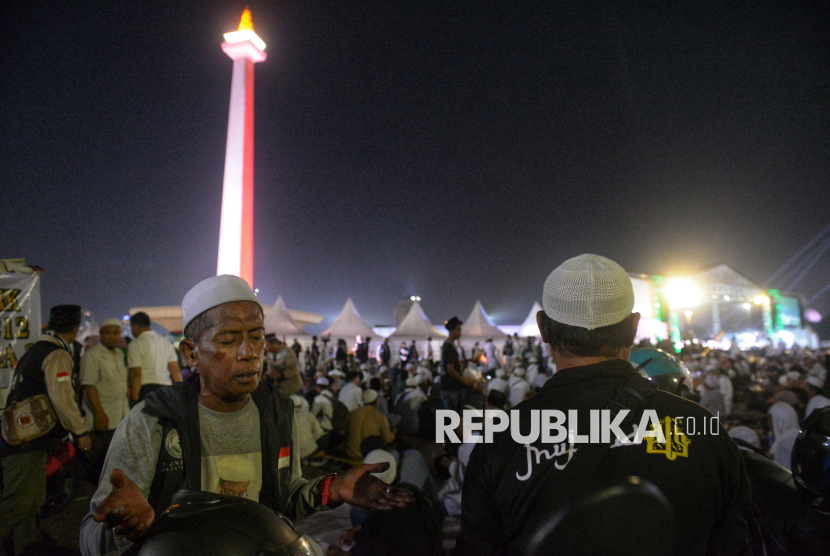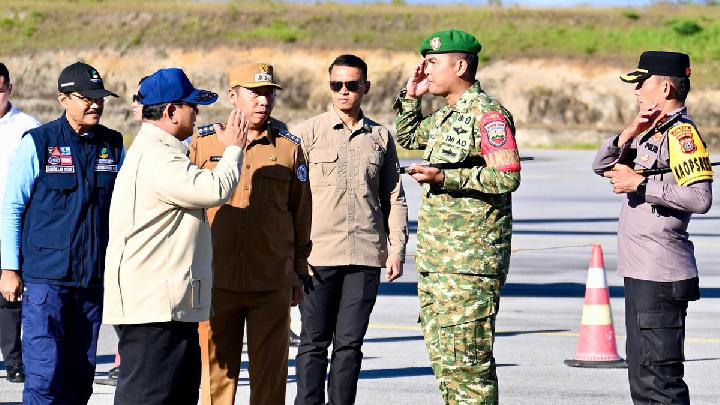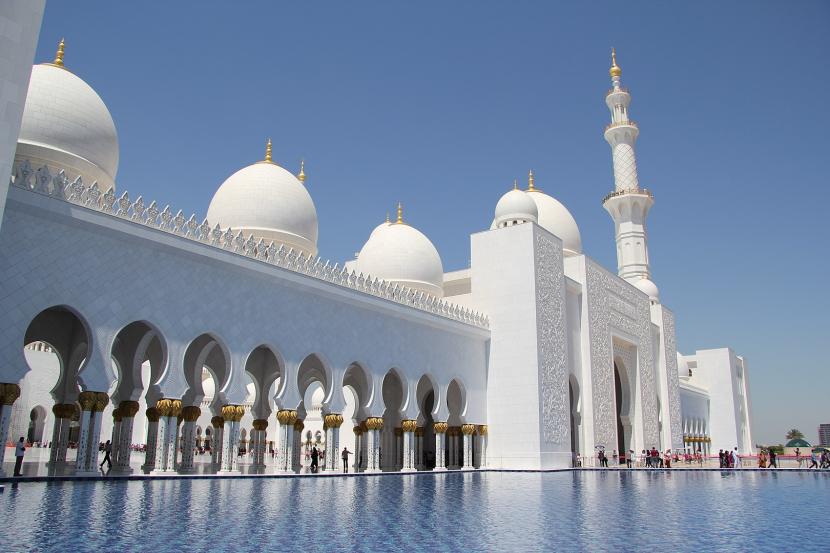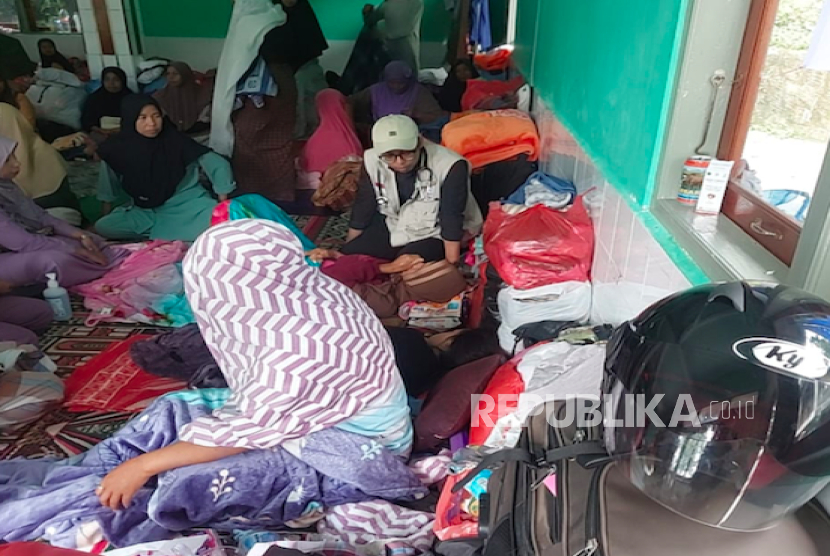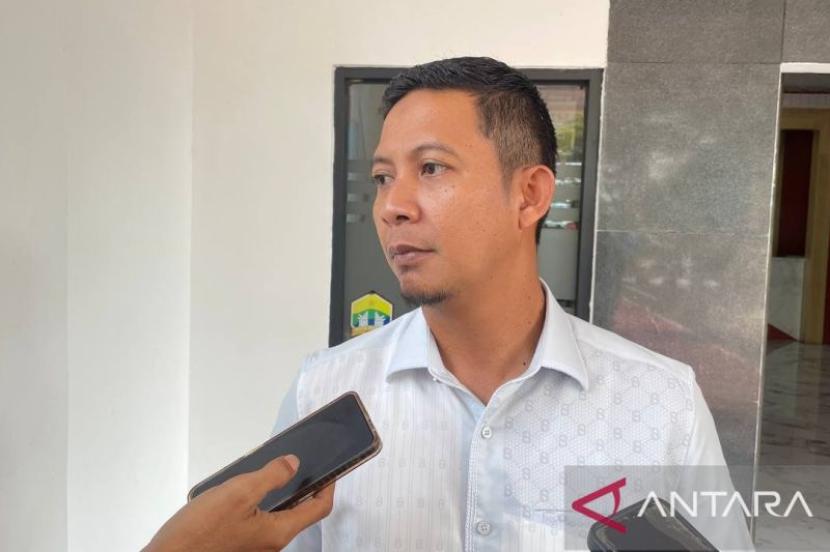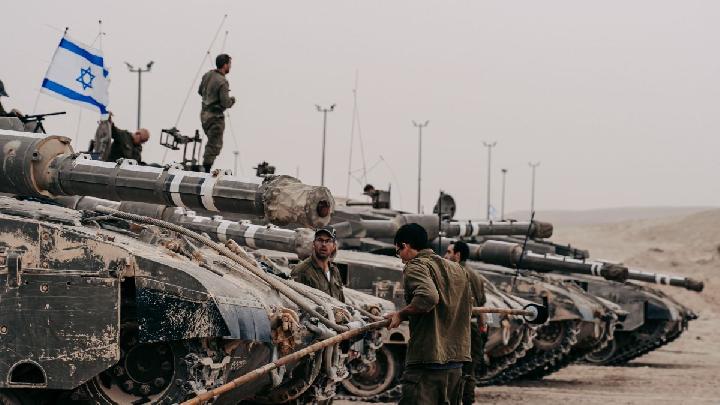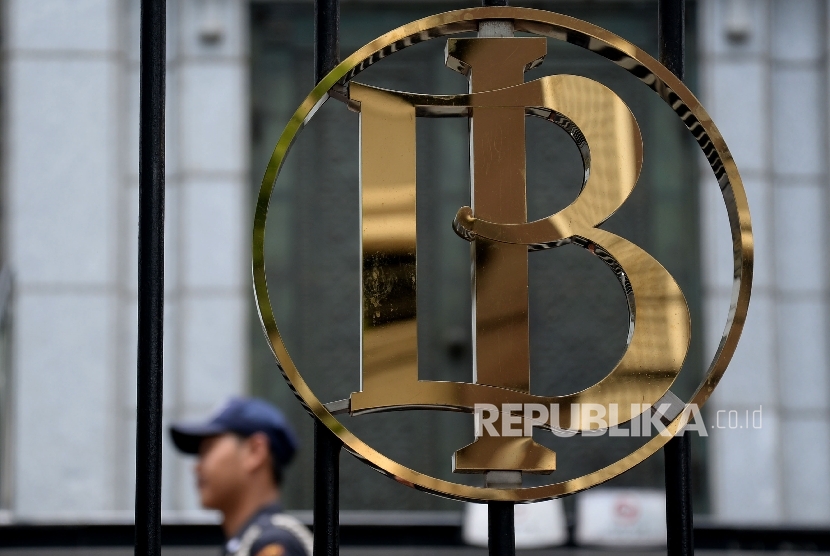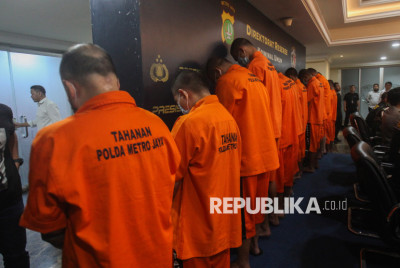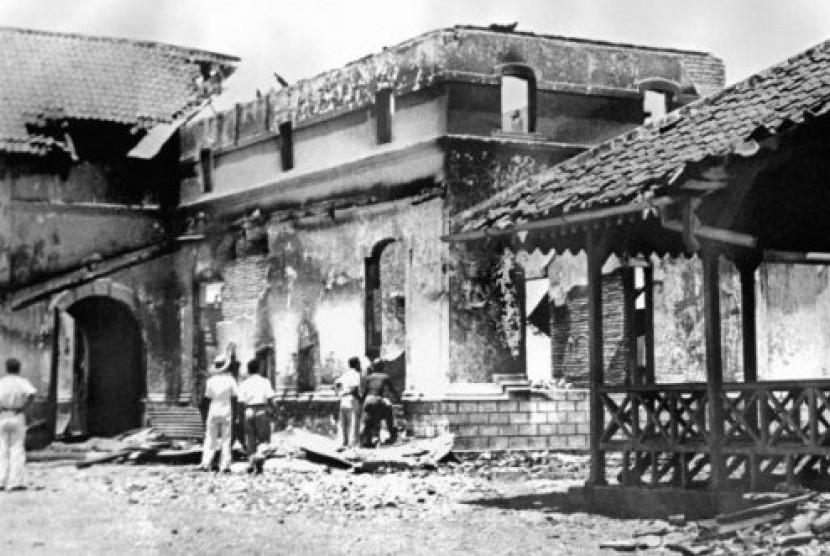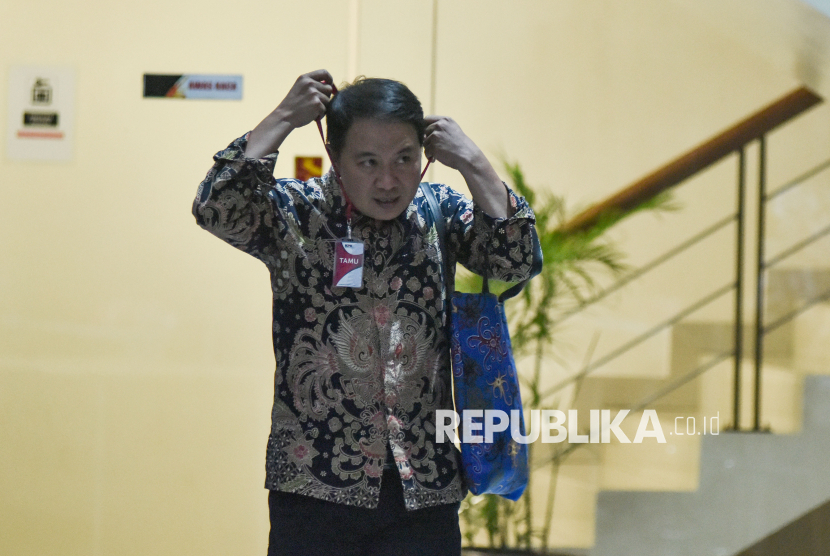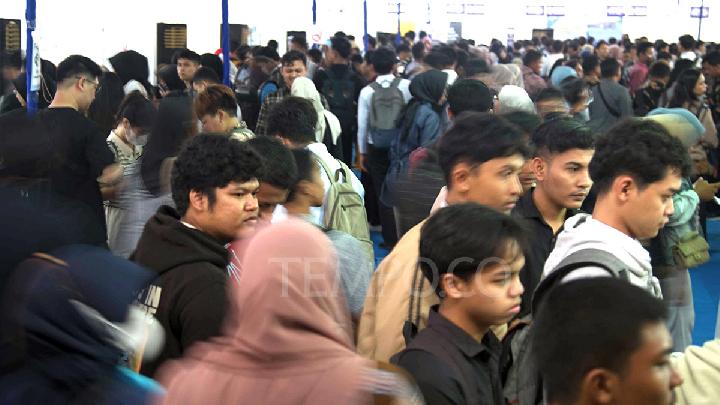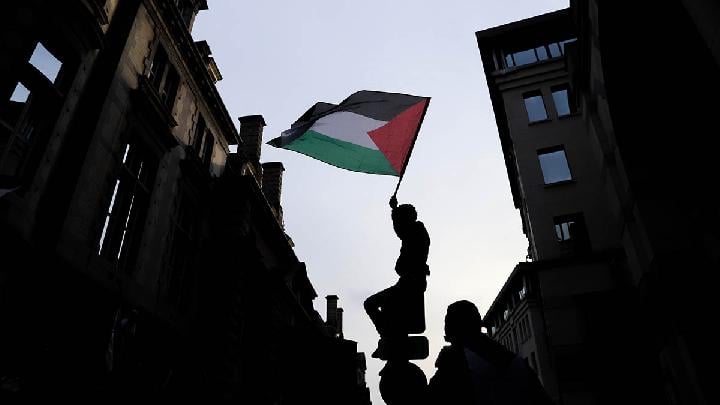TEMPO.CO, Jakarta - Minister of Foreign Affairs of Turkey, Hakan Fidan, accuses Israel of attempting to expand its territory into several neighboring countries in a bid to realize a political project known as Greater Israel.
During an interview with Al Jazeera on Sunday, September 13, Fidan stated that there are two main reasons behind Israel's expansionism. "First, Israel’s goal of enlarging its territory to establish Greater Israel; second, its attempt to weaken and fragment regional countries, especially its neighbors," he said.
He made the statement in Doha, Qatar, while attending an emergency summit with the Organization of Islamic Cooperation (OIC) and the Arab League. The meeting was held after Israel's attacks targeting Hamas in Doha last week.
Turkish Warning to the Region
According to Anadolu, Fidan mentioned that Israel's plan initially started with the occupation of Palestinian land, but has now developed into a threat to the countries in the region. "Today, it is not only about the occupation of Palestinian lands or the genocide in Gaza, but also about Israel’s expansionism posing a major threat to regional countries," he said.
He highlighted Syria as one of the main targets of Israel's attacks. According to Fidan, the attacks on Syria have been ongoing since the era of Bashar al-Assad. Although the intensity has decreased, the attacks continue. Turkey believes that the developments in southern Syria are very dangerous. "We believe that provoking social fault lines to create divisions in Syria would benefit neither Syria nor the region," he said.
Fidan emphasized the need for regional security built on a strong foundation. He detailed that Arab countries, Islamic countries, and the international community as a whole will not only discuss the identification of this problem, but also take action against it. "The greatest problem in the region is Israeli expansionism," Fidan said.
What is the Greater Israel Idea?
The idea of Greater Israel has resurfaced after an interview with Prime Minister Benjamin Netanyahu on i24 News, as reported by Middle East Eye. During the interview, host Sharon Gal presented an amulet that he said depicted the map of the "Promised Land."
Gal then asked whether Netanyahu feels connected to the vision of Greater Israel. Netanyahu replied, "Very connected." He also described himself as carrying out a historic and spiritual mission. Netanyahu's statement then drew criticism from several Arab countries, which viewed his words as a threat to their territorial sovereignty.
Ultra-nationalist groups in Israel have long used the term "Greater Israel" to demand a larger territory that includes Jordan, Egypt, Lebanon, Syria, and occupied Palestine. A narrower interpretation refers to the territory seized by Israel in the 1967 War, namely the West Bank, Gaza Strip, Golan Heights in Syria, and the Sinai Peninsula in Egypt.
Greater Israel is not a new concept. Theodor Herzl, the father of modern Zionism, wrote in his diary that the ideal Jewish state would stretch from the River of Egypt to the Euphrates. This idea comes from the Book of Genesis in the Tanakh, also known as the Hebrew Bible.
Another interpretation refers to the Book of Deuteronomy, when God commanded Moses to bring the Israelites to take control of Palestine, Lebanon, and parts of Egypt, Jordan, and Syria. The Book of Samuel also describes the territory ruled by Kings Saul and David, including Palestine, Lebanon, and parts of Syria and Jordan. For some religious Zionist groups, the Greater Israel project is considered a divine mandate, not just a political one.
1967 War and Expansion Politics
According to a report from Middle East Eye, after Israel was established in 1948, its borders were not clearly defined. The 1967 Arab-Israeli War also altered the territorial map. Israel occupied the Gaza Strip, the West Bank, the Golan Heights, and Sinai.
Sinai was later returned to Egypt in a peace agreement, while the Golan Heights was annexed. However, the war cultivated a new spirit among religious Zionists about the importance of maintaining the conquered territory. Post-war, the Movement for Greater Israel political party emerged, advocating for permanent occupation and Jewish settlements in the conquered territories. This party lasted until the late 1970s.
In the past two years, especially since Netanyahu's return to power in 2022, the idea of Greater Israel has been increasingly voiced among Israeli officials. Finance Minister Bezalel Smotrich also stated last year that the territory of Jerusalem will expand to Damascus. During an event in Paris, he spoke from a podium displaying a map of Israel that included Jordan. He also stated, "There is no such thing as the Palestinian people."
Editor's Choice: Spain to Launch Probe into Israel's Human Rights Violations in Gaza
Click here to get the latest news updates from Tempo on Google News


